Dubai’s Global Grad show tackles social and enviromental problems through diverse design
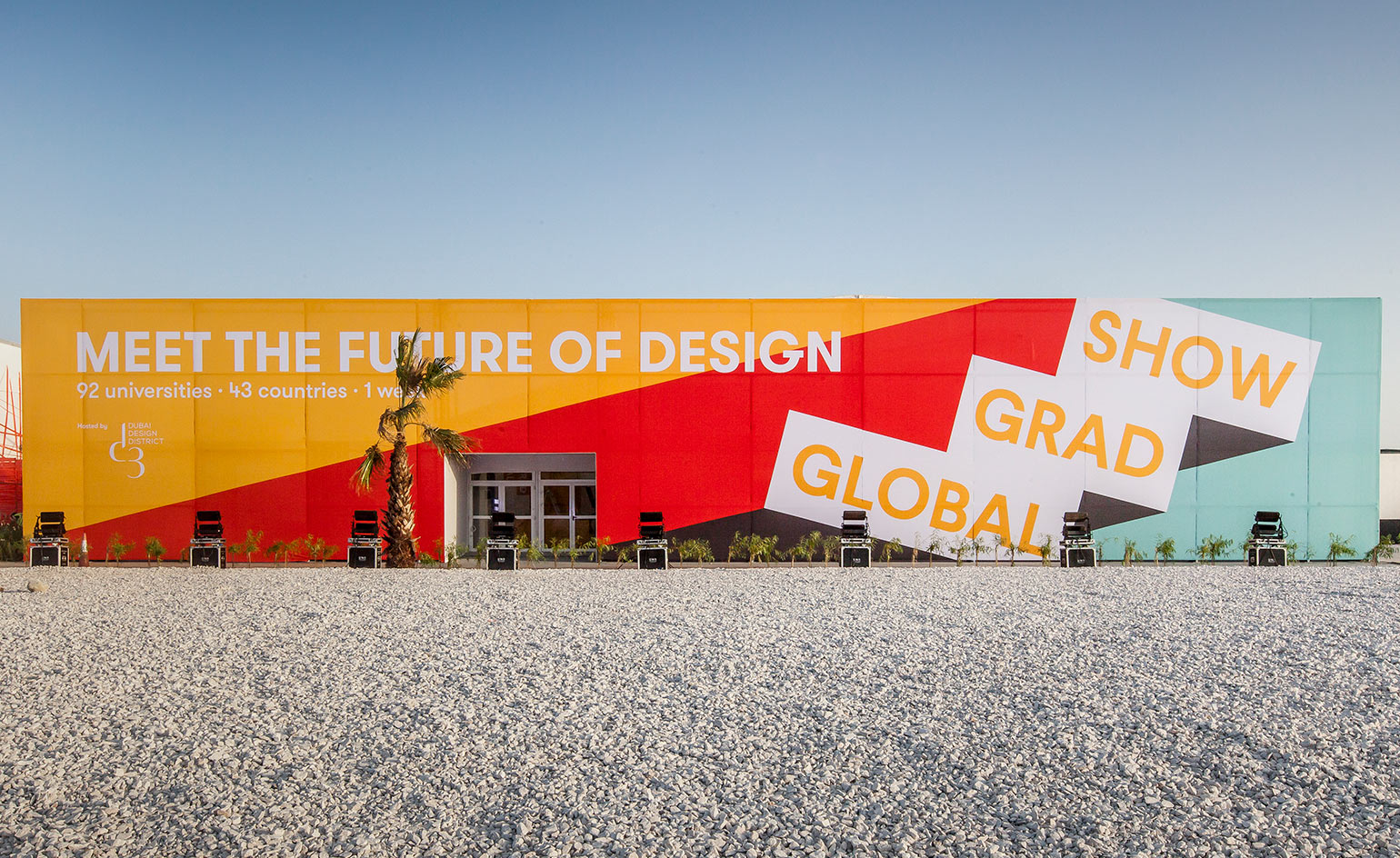
Since its inception three years ago at the inaugural Dubai Design Week, the Global Grad Show has proved itself to be one of the weeklong event’s most successful concepts.
It gathers together the most promising design talent from schools across the globe with a sharp focus on projects that are designed to make a positive social or environmental impact.
From trainers knitted from algae, to a device that unnervingly highlights the extent of UV light damage to the skin, the projects are as diverse as they are ambitious.
This year, the Global Grad Show grew considerably in size, moving from its former ground floor space in one of the district’s glass office buildings to its own dedicated tent. Inside the vast white structure, design and technology graduates from almost 100 design schools across 43 countries and every continent were organised across a snaking layout divided into three sectors: empower, connect and sustain.
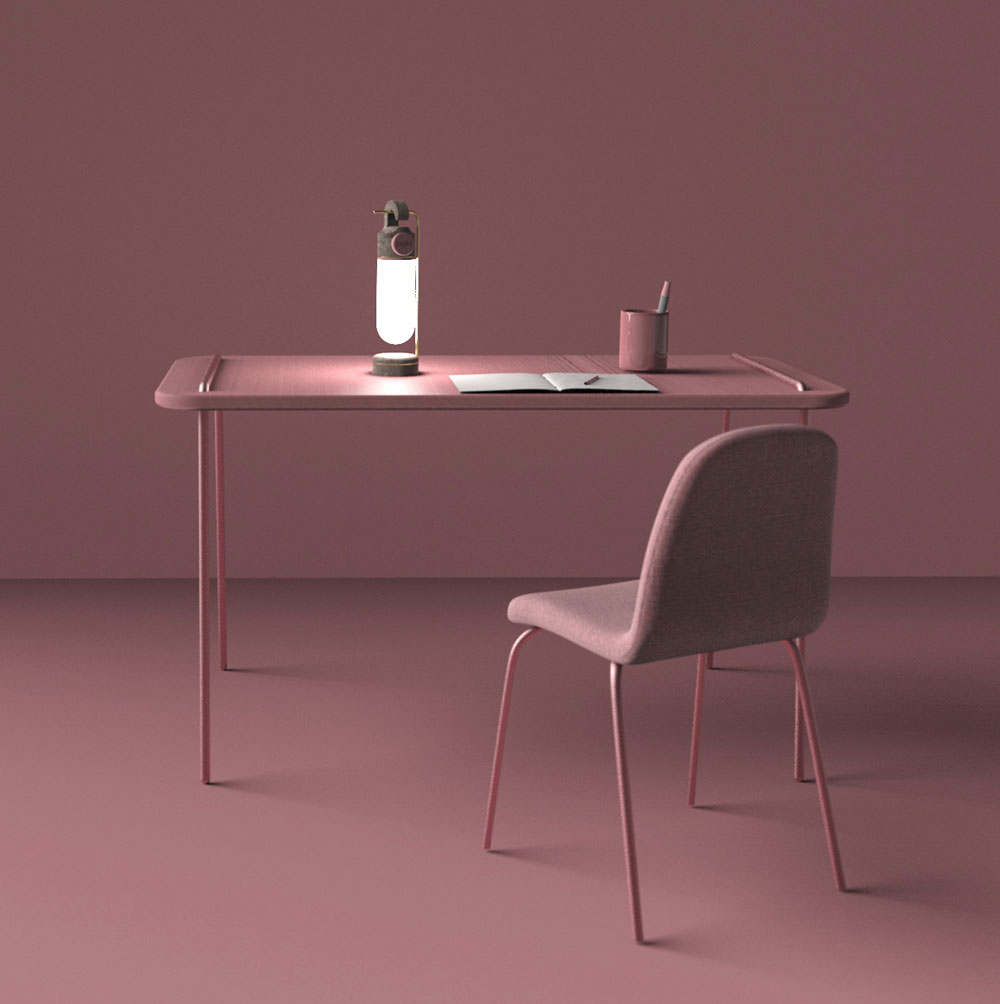
’Loight’ portable light by Zahra Ghiaci, from Art University of Isfahan
‘Global Grad Show is trying to enlarge the vision of innovation,’ says its curator, the independent writer, editor and designer Brendan McGetrick. ‘I think no matter what you do when you graduate, one thing that’s really important is to really deeply engage with an experience outside of your own, because that’s what’s good design is.’
As well as its new larger location, this year saw the introduction of the Progress Prize, an international award that will be awarded to one Global Grad Show exhibitor each year. This year’s winning design was selected by a global jury made up of industry leaders including Noah Murphy-Reinhertz, Nike's NXT Space Sustainability Leader; M+ museum curator Aric Chen; and UK-based design critics Hugo MacDonald and Edwin Heathcote, to name just a selection.
The inaugural prize went to a jewellery collection that also acts as a brace for those with wrist injuries or carpal tunnel syndrome. The gilded pink brass and mineral acrylic composite pieces are designed by Polish design duo Ewa Dulcet and Martyna Świerczyńska, both graduates of the Domestic Design course at the School of Form in Poznan, Poland.
Highly commended pieces included a system of kitchen utensils to aid the blind designed by Kevin Chiam from the National University of Singapore; Royal College of Art graduate Reto Togni's Reagiro wheelchair, with its novel steering system that allows the user to control the movement of the chair through the upper body rather than through braking and pushing; and, from New York's Parsons School of Design, Sungmy Kim's Nonliving Stakeholders – a programme that encourages people to view objects as people and consider their experiences in order to combat the problem of excessive waste.
‘Because these graduates are all in their twenties, they’re really having to address problems that are going to be happening in the next 20 to 30 to 40 years,’ explains McGetrick. ‘The problems are very real to them, so they deal with them differently. That’s something that I think is really important to have access to. We're going to need some fresh thinking in the world in the coming years.’
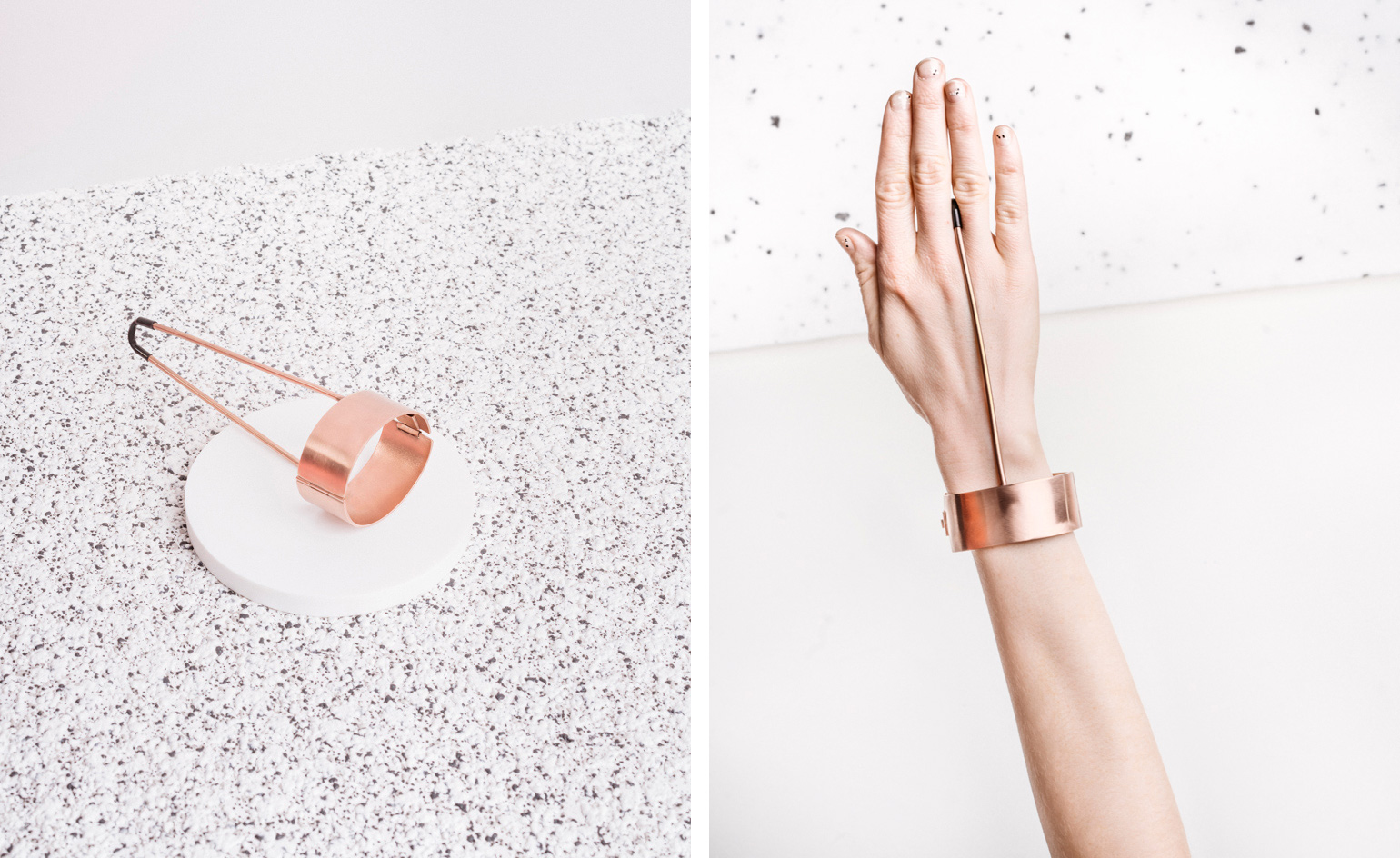
Polish design duo Ewa Dulcet and Martyna Świerczyńska of MIKO+ took home the inaugural Progress Award for their jewellery collection, which doubles as braces for those suffering with wrist injuries or carpal tunnel syndrome
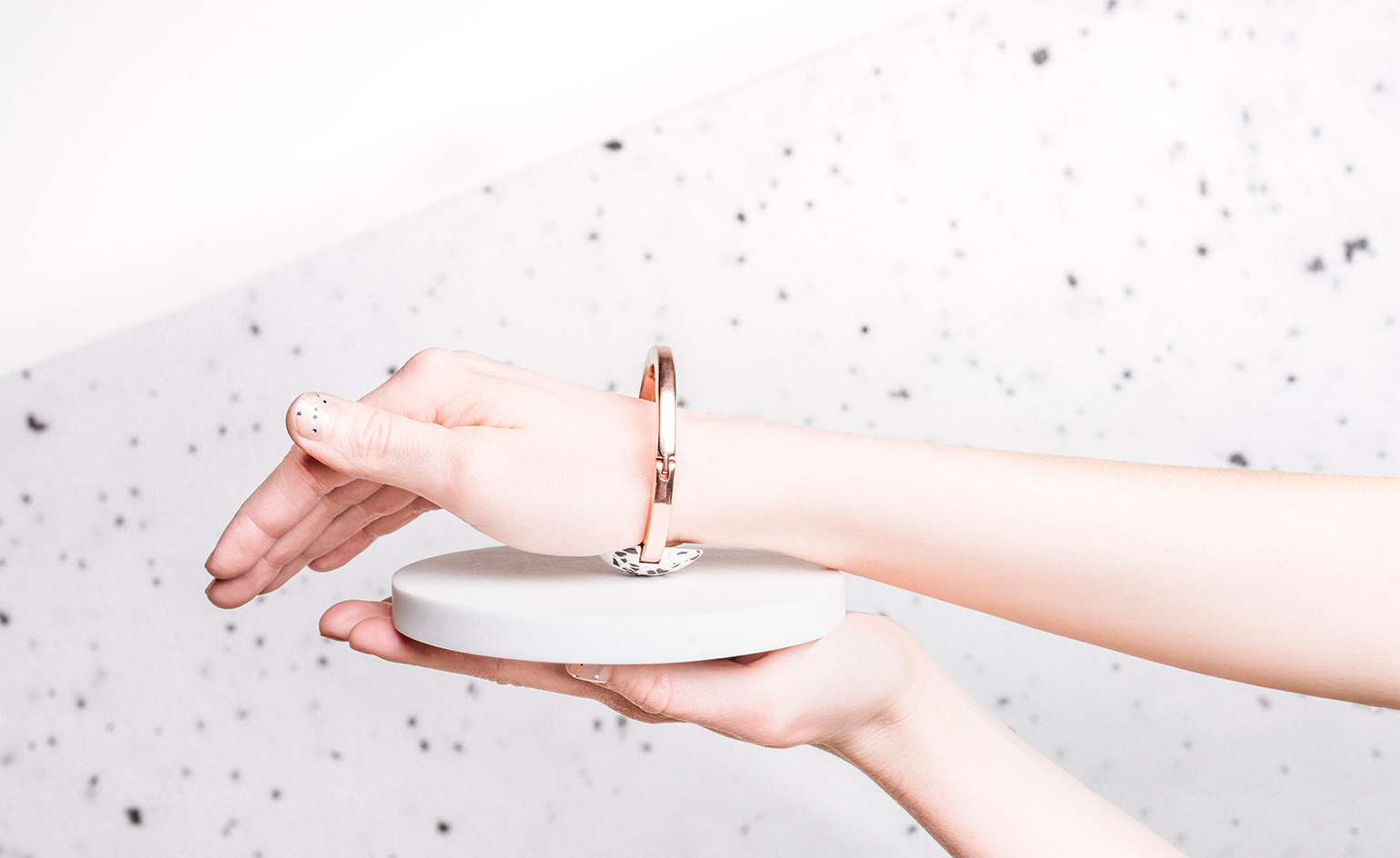
The piece are made from gilded pink brass and mineral acrylic composite
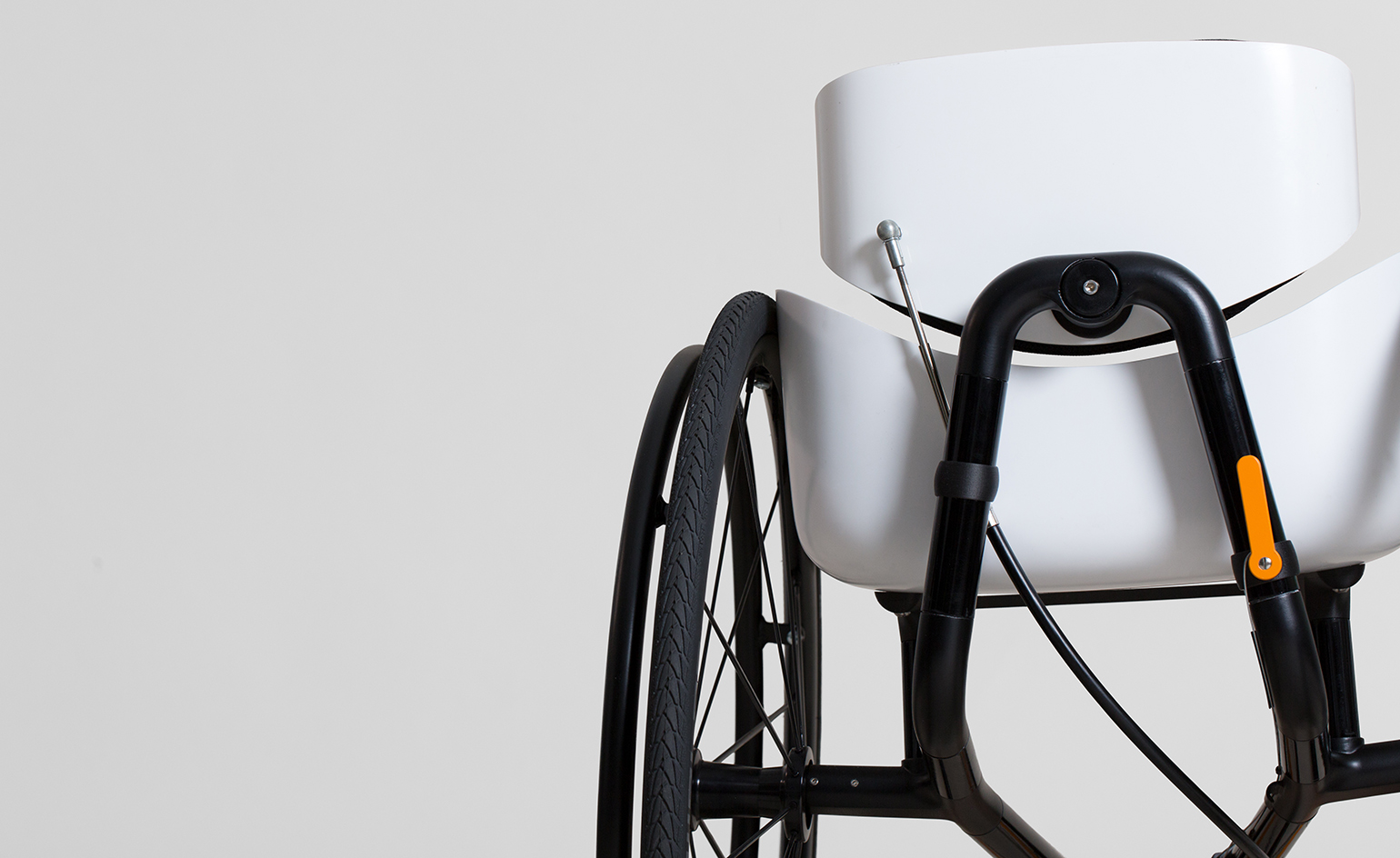
Highly commended pieces included Royal College of Art graduate Reto Togni’s Reagiro wheelchair
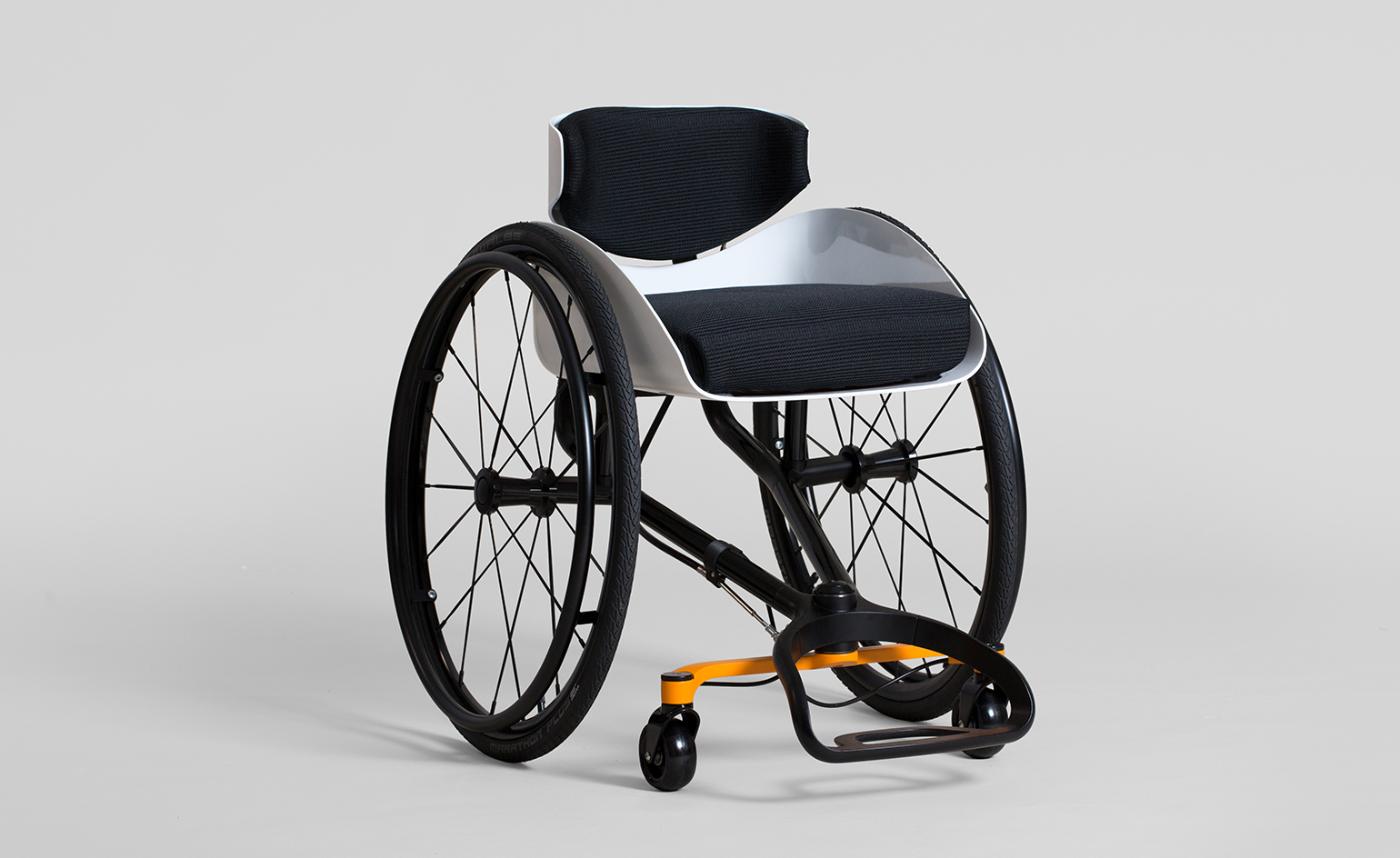
The wheelchair’s steering system allows the user to control the chair’s movement through the upper body, as opposed to via braking and pushing
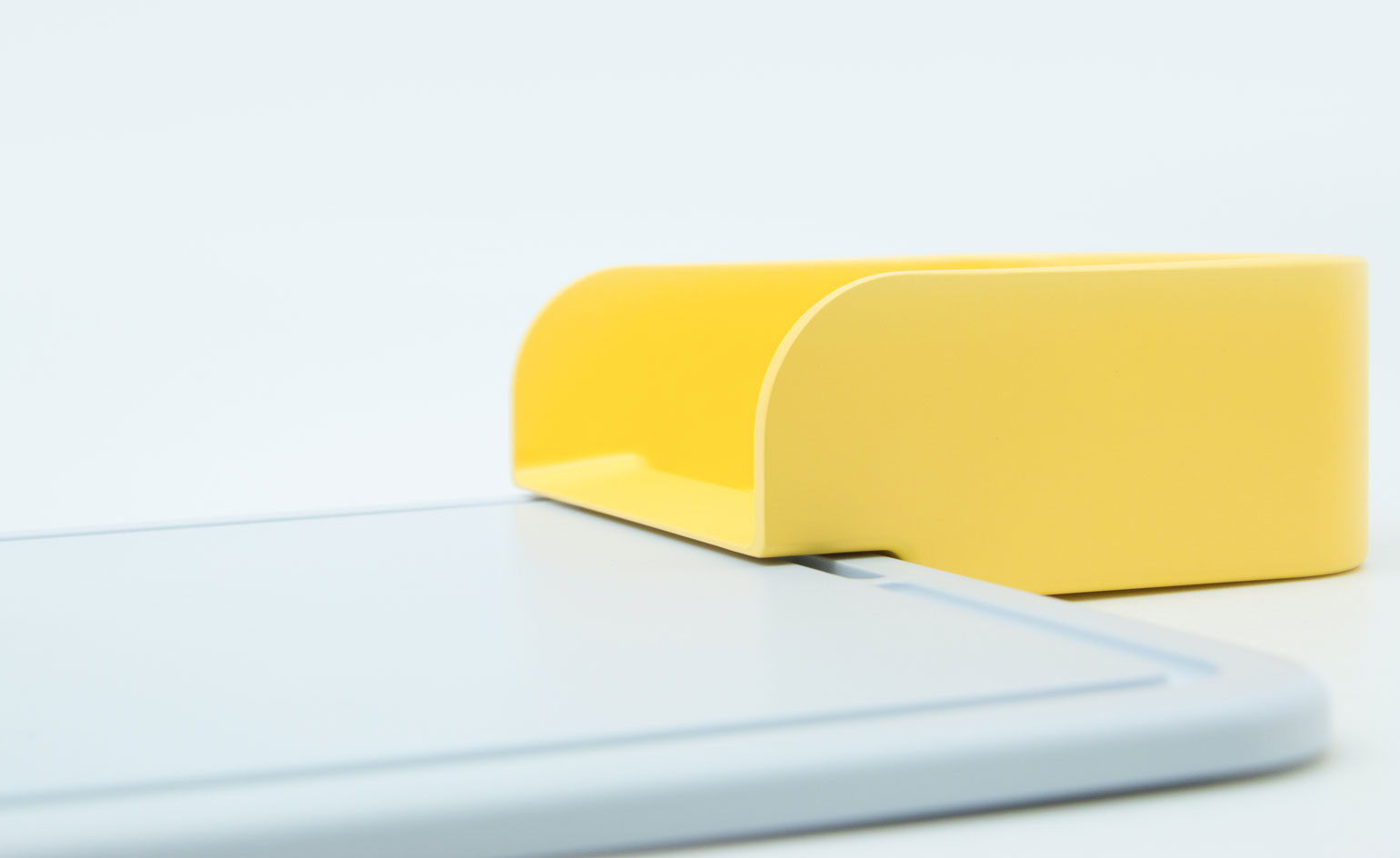
Kevin Chiam of the National University of Singapore presented a system of kitchen utensils to aid the blind
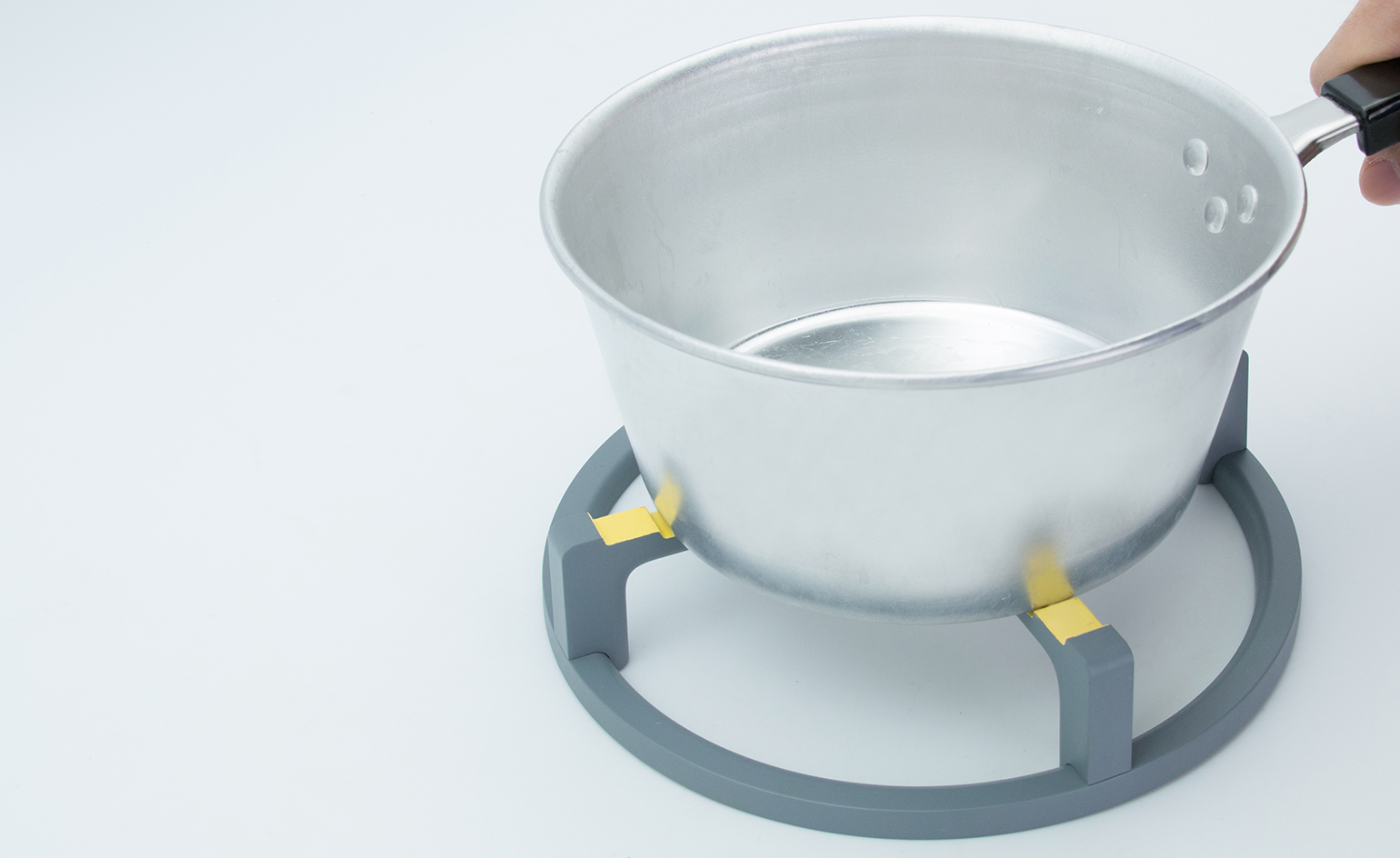
The range includes a chopping board, knife, spoon, lid and a highly useful stove ring
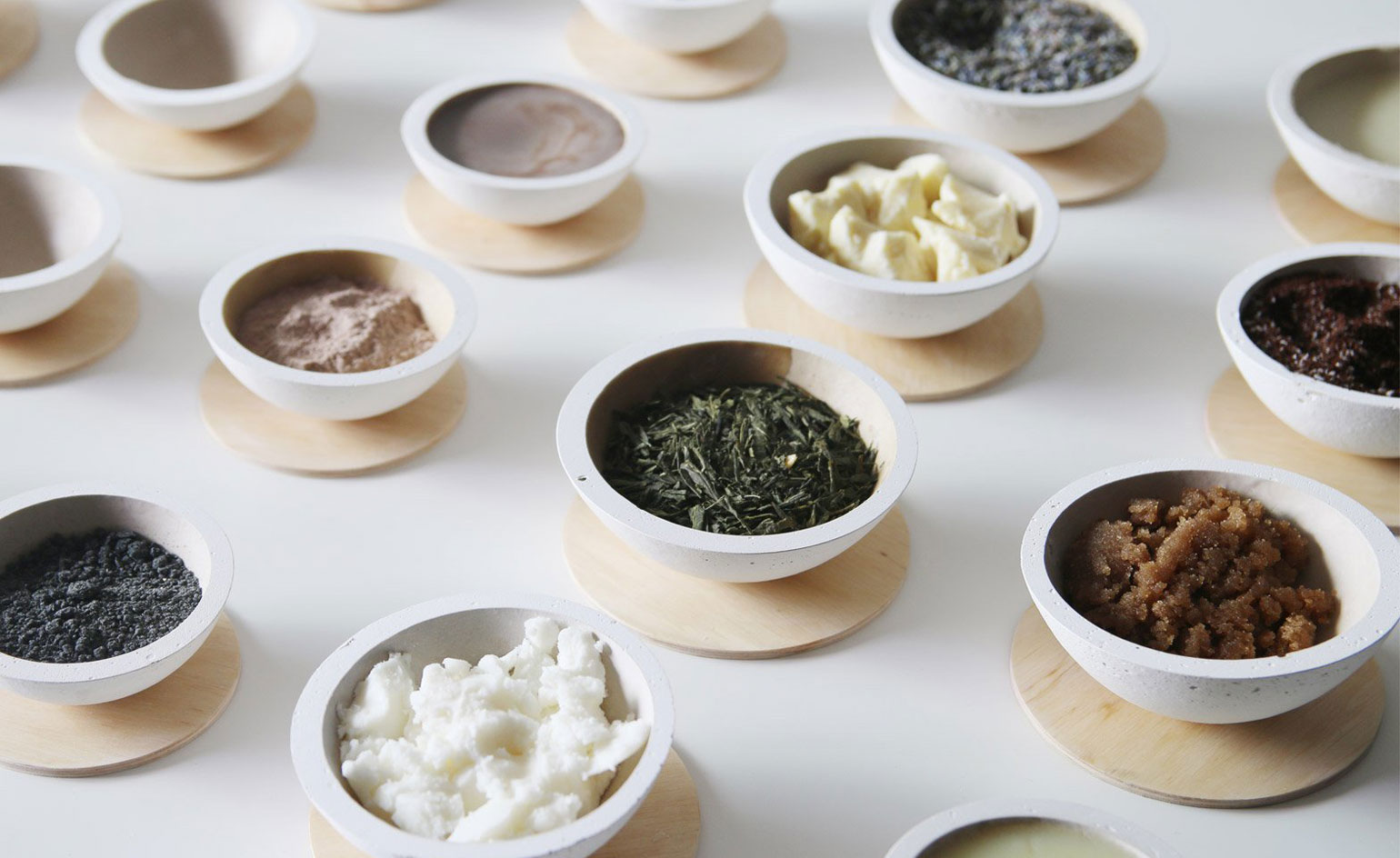
Austėja Platūkytė, a student from Vilnius Academy of Arts showcased ’ Zero Waste’ packaging
INFORMATION
For more information, visit the Dubai Design Week website
Receive our daily digest of inspiration, escapism and design stories from around the world direct to your inbox.
Ali Morris is a UK-based editor, writer and creative consultant specialising in design, interiors and architecture. In her 16 years as a design writer, Ali has travelled the world, crafting articles about creative projects, products, places and people for titles such as Dezeen, Wallpaper* and Kinfolk.